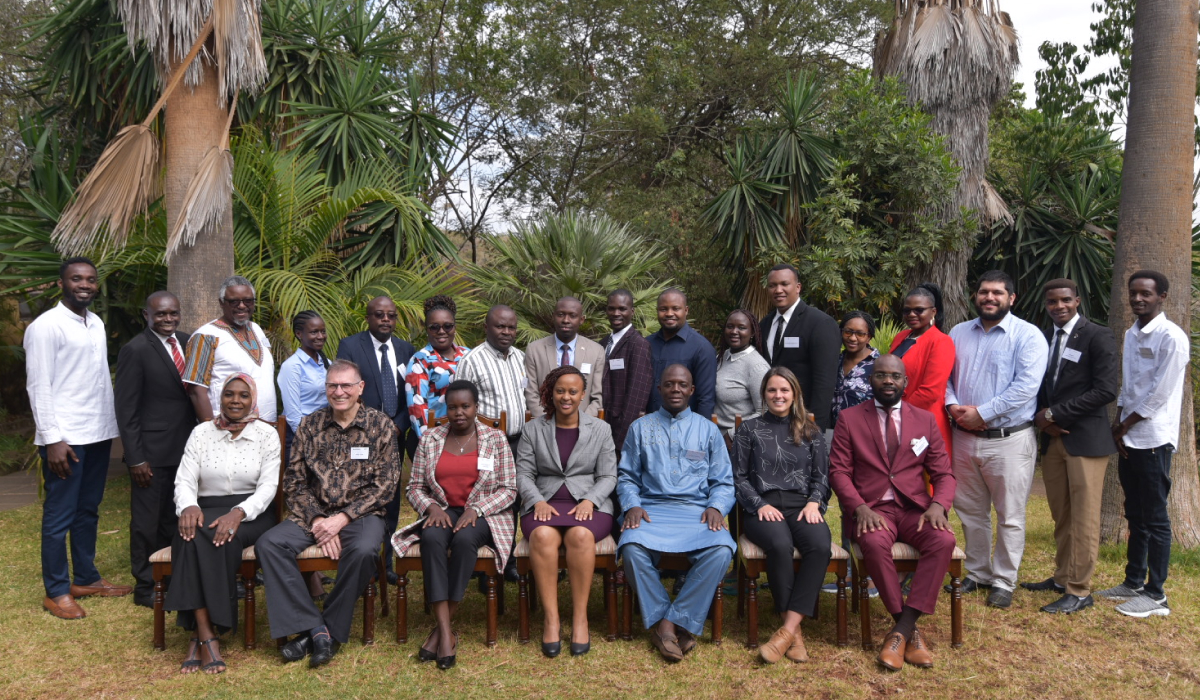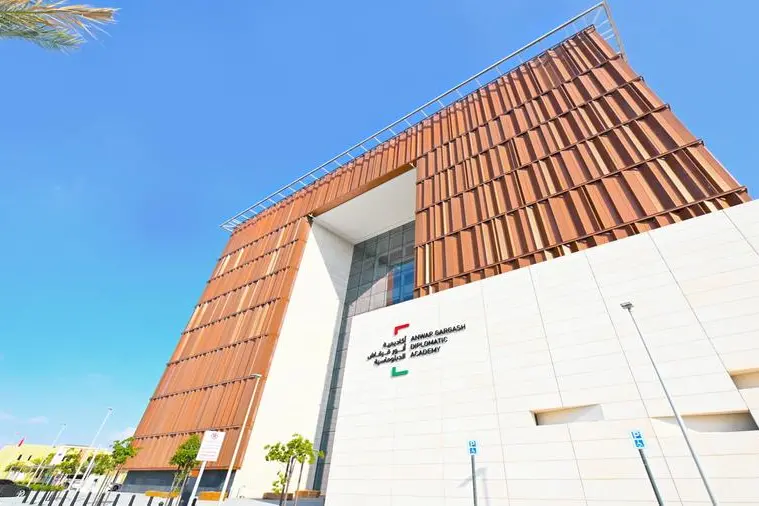ACCORD recently facilitated a conflict management training for members of the Executive Committee of the International Conference on the Great Lakes Region (ICGLR) Youth Forum. ACCORD’s Manager of Applied Knowledge and Learning, Mr. Philip Visser, and training expert, Mr. Alfred Kibunja, led the training, which took place from 22 – 24 September 2022 in Nairobi, Kenya. Additional training support was provided by Ms. Maria Osula, Ms. Susan Wamalwa, Mr. Aimable Iradukunda and Mr. Gerard Musabanganji, who are part of ACCORD’s Training of Trainers initiative.
The three-day training brought together Youth Forum representatives from the twelve member states of the ICGLR. The Youth Forum recognises that youth are at the forefront of social organisation and are therefore in a key position to manage tensions to prevent them leading to conflict, or when conflict does arise, they are well positioned to try mitigate it. The training therefore aimed to equip the Youth Forum representatives with a basic understanding of the conflict management to guide their efforts towards making youth involvement in peace and security in the Great Lakes region more meaningful and impactful.
The training highlighted the importance of conflict analysis in better understanding the context of conflicts. The training also reflected on the need to provide some degree of structure to a conflict situation at a community level, by employing various and carefully sequenced conflict management tools and approaches, which key stakeholder groups such as youth can employ. These include conflict analysis, dialogue, negotiation and mediation, which could complement the larger national and regional efforts of the African Union and the United Nations to stabilize pockets of instability in the region. The training emphasised how these tools can be used to build understanding and clarity of all the conflict dynamics to better design interventions, as well as develop and sustain relationships between contesting parties in a constructive manner.
In providing basic skills and tools drawn from the field of conflict, the training helped provide a foundation to guide the Youth Forum representatives in their country-level strategic inputs on how best to strengthen the role of youth in peace and security. The training was therefore aligned well to ACCORD’s strategic efforts to enhance the role of youth to prevent, mitigate and resolve conflicts.








